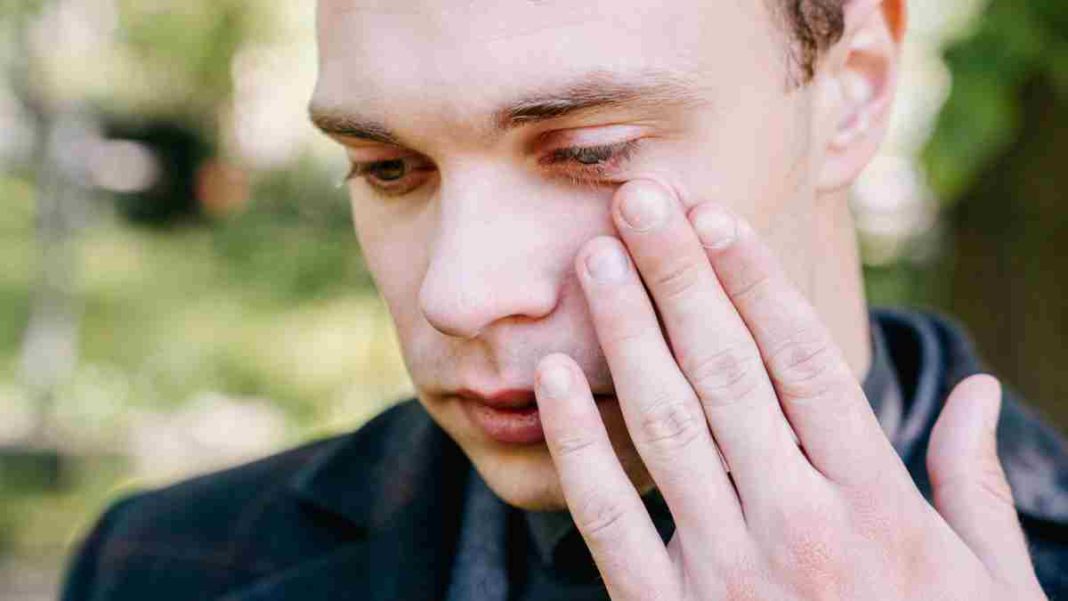INDIA: Men have long been told they must be strong, stoic and unemotional. The cultural stereotype that “men don’t cry” has been around for centuries and is one of the most pervasive and damaging stereotypes men face. This stereotype has a profound impact on men’s mental health and well-being. This article will explore the cultural stereotype of men not crying and its impact on men’s mental health.
The stereotype of men not crying
The idea that men should not show their emotions, particularly through crying, is a cultural stereotype that has been around for centuries. This stereotype is so deeply ingrained in our culture that many people believe it is natural for men to be less emotional than women. However, research shows that this stereotype is not natural but rather a product of cultural conditioning.
The impact of the stereotype on men’s mental health
The stereotype of men not crying profoundly impacts men’s mental health. Men who internalize this stereotype are less likely to express their emotions, even when experiencing significant emotional distress. Instead, they may bottle up their emotions, which can lead to depression, anxiety, and other mental health problems.
Studies have shown that men who suppress their emotions are more likely to engage in risky behaviours, such as substance abuse and other self-destructive behaviours. Men who are unable to express their emotions in healthy ways may also struggle with interpersonal relationships, as they may find it difficult to communicate their feelings to their loved ones.
The stereotype of men not crying can also prevent men from going to therapy for their mental health issues. Men may feel ashamed or embarrassed about seeking help, as they may perceive it as a sign of weakness. This can lead to delays in treatment, which can exacerbate mental health problems.

Breaking the stereotype and promoting men’s mental health
It is essential to break the stereotype of men not crying and promote men’s mental health. One way to do this is to encourage men to express their emotions in healthy ways. Men can be encouraged to talk about their feelings with friends or family members or seek professional help if they struggle with mental health issues.
Challenging the cultural conditioning perpetuating the stereotype of men not crying is also important. This can be done through education and awareness campaigns, which can help to promote healthy emotional expression and reduce the stigma surrounding men’s mental health.
The stereotype of men not crying is a pervasive and damaging cultural stereotype that profoundly impacts men’s mental health. Men who internalize this stereotype may struggle with emotional expression, interpersonal relationships, and seeking help for mental health issues.
Challenging this stereotype and promoting healthy emotional expression and mental health support for men is essential. By breaking down this stereotype, we can help create a more supportive and inclusive culture of men’s mental health needs.
Also Read: Neuroscience of Prayer and Its Impact on Mental Health



